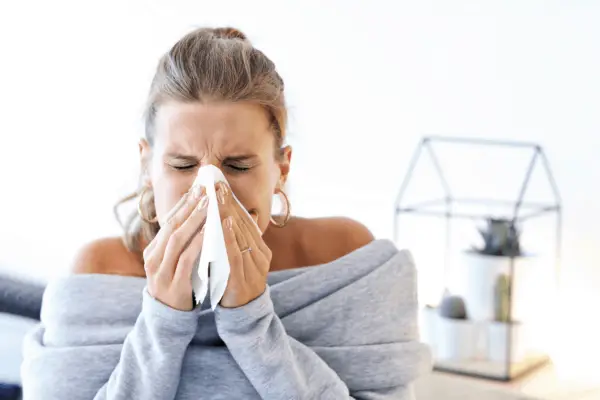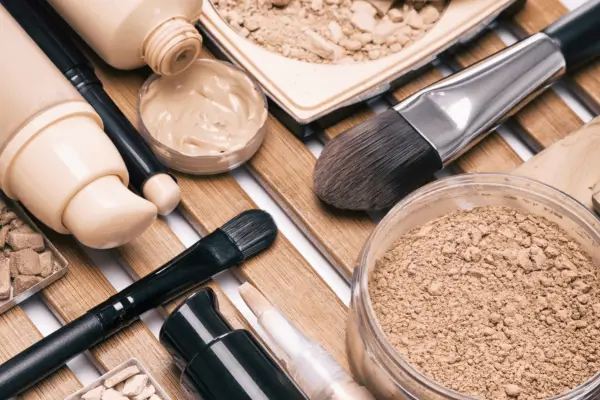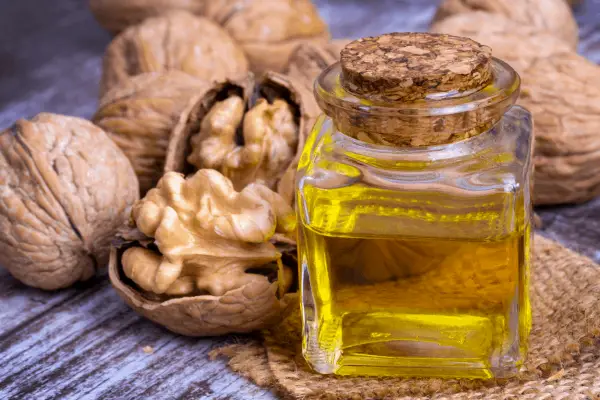What Type of Plastic is Safe for Essential Oils?
I’ve been using essential oils mainly due to their aromatic and therapeutic properties. As I go about sharing tips and knowledge I have learned about essential oils, one of the questions I get asked often …





